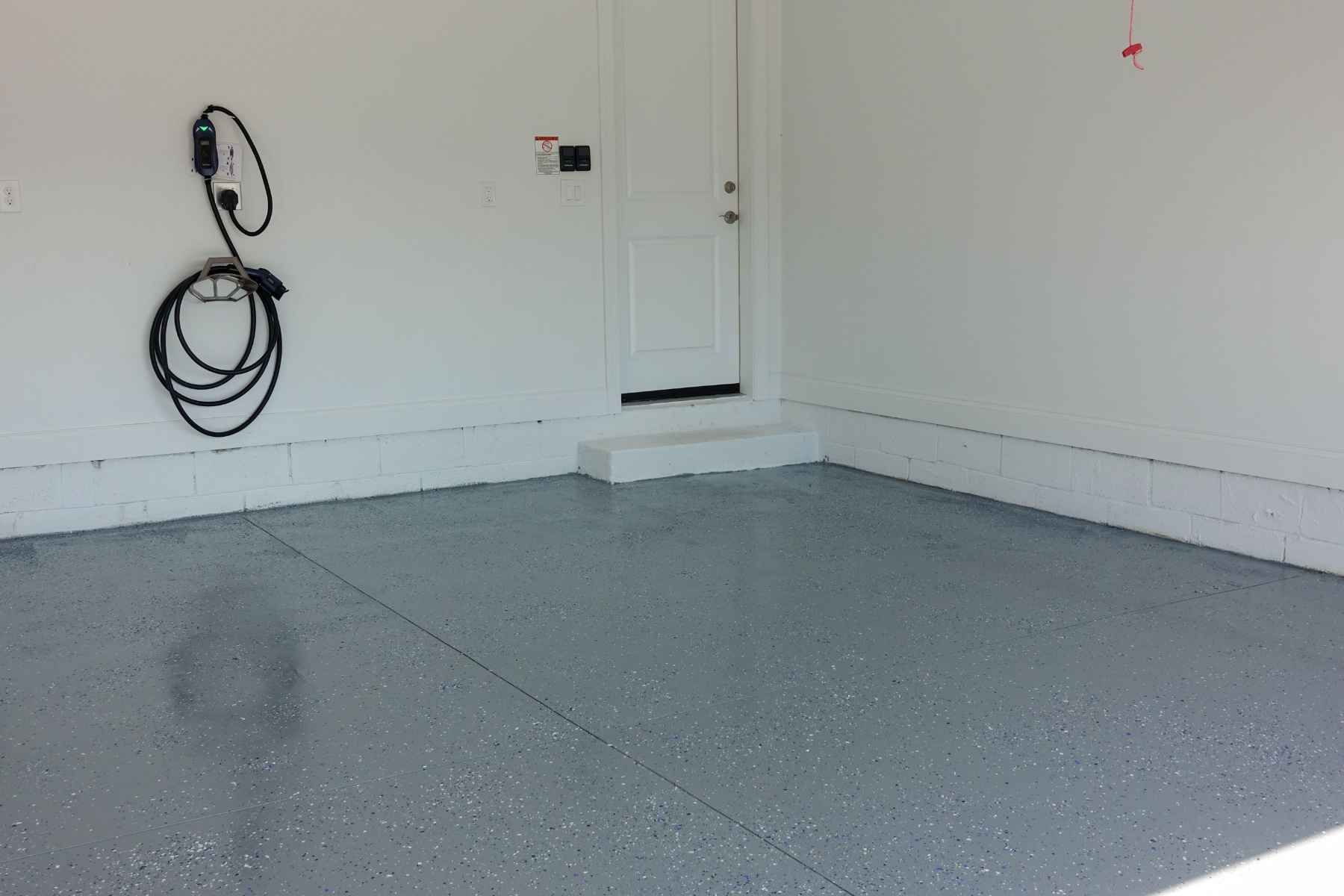Are epoxy fumes dangerous?
Are epoxy fumes dangerous?
If you don’t take the proper action to protect yourself from the epoxy’s fumes, through the experience of other builders, we know epoxies have harmful effects on health. Most of those who have a harmful effect can continue using epoxy with precaution.
Whether you are installing
epoxy in basements, garages or a commercial property, the following are the most common health effects stemming from epoxy use.
Contact Dermatitis
Fewer than 10% of epoxy users react when overexposed to epoxy resin or hardener. The most common reaction is contact dermatitis or skin inflammation.
Overexposure to epoxy resin or hardener can cause two very common reactions: contact dermatitis and an unpleasant stinging or burning sensation. Contact dermatitis happens when the resin or hardener comes in contact with the skin. It can be uncomfortable but usually goes away after stopping contact with the resin or hardener. The second most common reaction is an unpleasant stinging or burning sensation. This usually happens when the partially cured epoxy resin or hardener is brushed off or washed off the skin.
Allergic Dermatitis
Less than 2% of epoxy users are likely to get allergic dermatitis. Allergic reactions to epoxy can result in irritated skin or respiratory problems. There is no specific antidote for epoxy sensitization, but symptoms can sometimes be treated with medicine. Resume epoxy use only after symptoms disappear, and strictly follow the recommended handling procedures to prevent recurrences.
Severe Irritation and Chemical Burns
The two main ingredients of epoxy are resin and hardener. Resin makes the glue or bonding agent. Hardener gives the resin its strength. By itself, resin is fluid. Hardener is a solid at room temperature. When resin and hardener are mixed, they undergo a chemical reaction that causes the resin to chemically bond to almost any surface. This chemical reaction also makes the mixture very resistant to thermal shock.
They can severely irritate and cause moderate chemical burns. The time it takes for a hardener to cause a chemical burn depends on the area of contact and hardener concentration. When resin and hardener are mixed, the hardener is diluted and, therefore, less corrosive. Mixed epoxy is less corrosive but, never leave it on your skin. It cures rapidly and is difficult to remove.
Respiratory Irritation
Never sand uncured epoxy. If you are already sensitized to epoxy, even exposure to small amounts of the dust particles can trigger a serious and sometimes fatal allergic reaction. Respiratory irritation and/or respiratory allergies can result from inhaling these dust particles. When you inhale these dust particles, they become trapped in the mucous lining of your respiratory system. The reactive material can cause severe respiratory irritation and/or respiratory allergies. If you are repeatedly exposed to these kinds of irritants, you are at an increased risk of developing serious health problems later in life.
Is The Smell of Epoxy Dangerous? Conclusion
If you are exposed for a long period of time, you can experience bad effects on your body. Over exposure can cause irritation of the eyes, nose, throat, and skin. Headaches, dizziness, and confusion can be caused by solvent Additives. Inhaling the vapors can cause irritation to your lungs. Some people are allergic to the components of epoxy. If you are in this group, even a small amount of the resin or one of its components could cause an allergic reaction which could be fatal. Do not mix different types of epoxies or add anything else to the mixture other than the resin itself. It could cause an explosion that could kill you and others around you. Always wear a mask when working in a well.
Nearly all of us can prevent these problems. Your first line of defense should always be a pair of gloves. Always work in a well ventilated area. Wear a respirator if ventilation is poor.
Don't hesitate to contact
Epoxy Halifax if you have any questions or doubts!
You might also like





